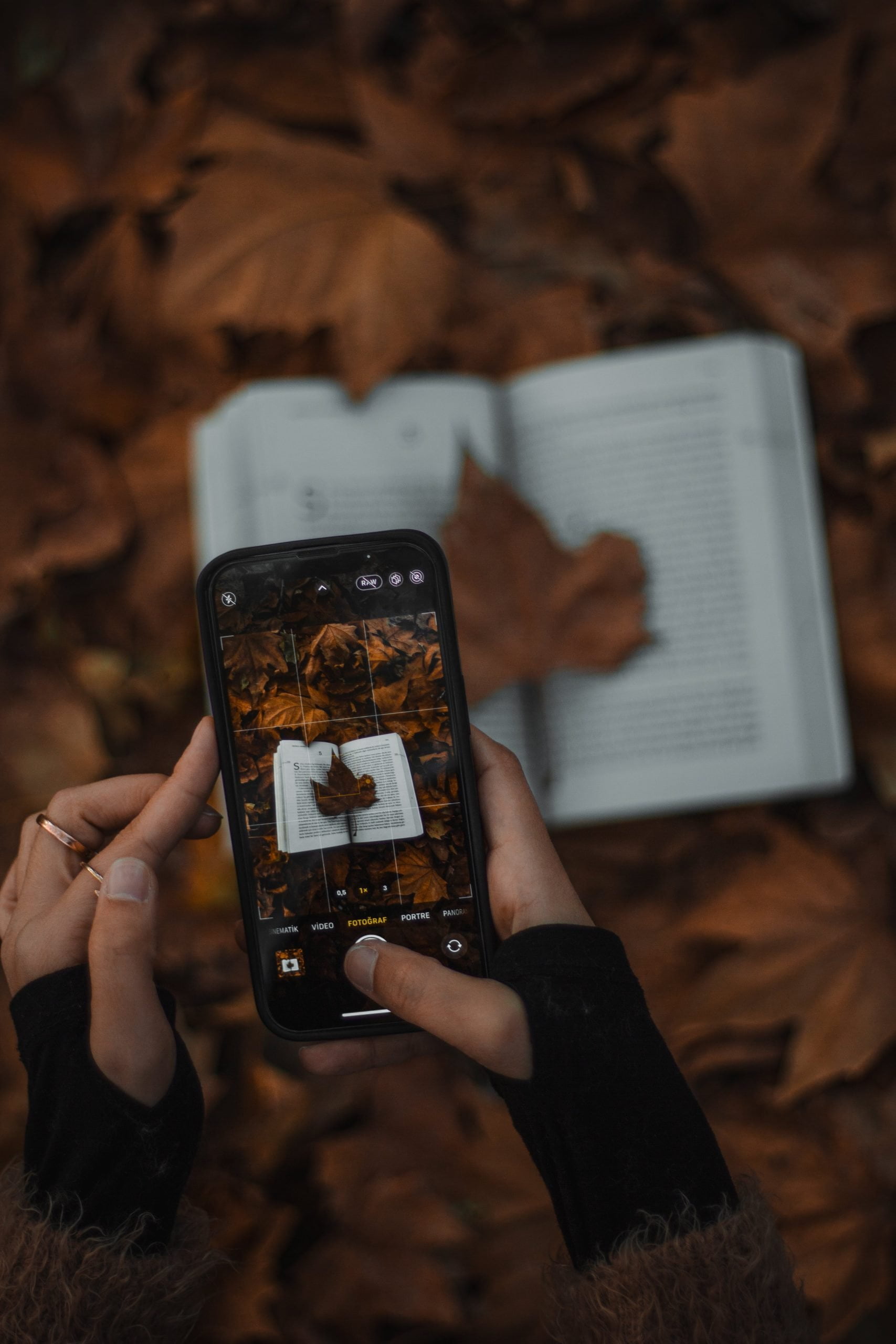Phone cloning refers to duplicating the data and functionality of one phone onto another device. While this topic often surfaces in discussions about surveillance or cybersecurity, it’s important to approach it responsibly and understand the technical and legal implications.
Table of Contents
ToggleClone a Phone Without Touching It: Methods & Precautions

Is It Possible to Clone a Phone Without Physical Access?
Cloning a phone without touching it is extremely challenging, and in many cases, it is a myth perpetuated by popular media. Most legitimate methods of data transfer or cloning require at least temporary physical access to the target device. However, sophisticated hacking methods could exploit vulnerabilities, although these are usually illegal and unethical.
Legal and Ethical Considerations
Cloning someone else’s phone without their consent is illegal in most countries and constitutes a violation of privacy. Unauthorized access to another person’s data can lead to severe penalties, including fines and imprisonment. Always ensure that any actions involving phone cloning are compliant with local laws and ethical standards.
How Phone Cloning is Done Legitimately
In cases where cloning is required for personal or legal reasons—such as transferring data to a new device—here are legitimate methods:
- Cloud-Based Backup and Restore
- Use cloud services like Google Drive or iCloud to back up data from the source phone.
- Restore the backup onto the new device using the same account credentials.
- Device-Specific Tools
- Android: Use apps like Samsung Smart Switch for Android-to-Android transfers.
- iOS: Use Quick Start or iTunes to transfer data between iPhones.
- Phone Cloning Apps
Some apps, like CLONEit or MobileTrans, facilitate data transfer between devices. These require authorization from both devices to proceed, ensuring the process is consensual.
Risks Associated with Unauthorized Cloning
Attempting to clone a phone without permission poses numerous risks, including:
- Legal Consequences: Unauthorized access violates privacy laws.
- Security Risks: Malicious tools may infect your device with malware or spyware.
- Data Breaches: Personal data from both devices could be exposed or misused.
How to Protect Your Phone from Unauthorized Cloning
To safeguard your phone against potential cloning or data theft:
- Enable Two-Factor Authentication (2FA): Adds an extra layer of security for your accounts.
- Set a Strong Password: Use a complex password or PIN for unlocking your device.
- Keep Software Updated: Regular updates fix vulnerabilities that hackers might exploit.
- Avoid Public Wi-Fi: Unsecured networks can expose your data to interception.
- Use Anti-Malware Apps: Protect your phone from spyware and malicious apps.
Conclusion
Cloning a phone without touching it is neither practical nor legal in most cases. Modern devices are equipped with robust security measures to prevent unauthorized cloning. Always use legitimate methods for transferring data and prioritize the privacy and security of all parties involved. Remember, respecting privacy is not just a legal obligation but also a moral one. How to hire a hacker legally

